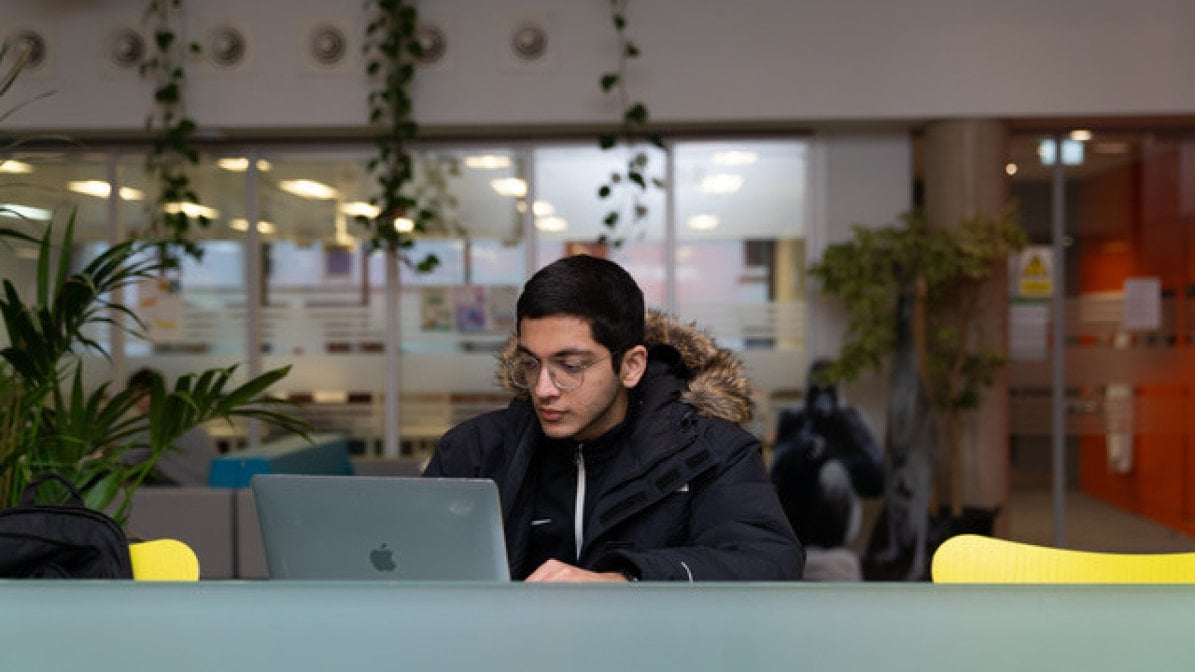
Support at uni
Many unis have student counselling services, so research what's available at the ones you're interested in.
Once your place is confirmed, it's a good idea to contact them before you start, so you have support in place for when you arrive.
